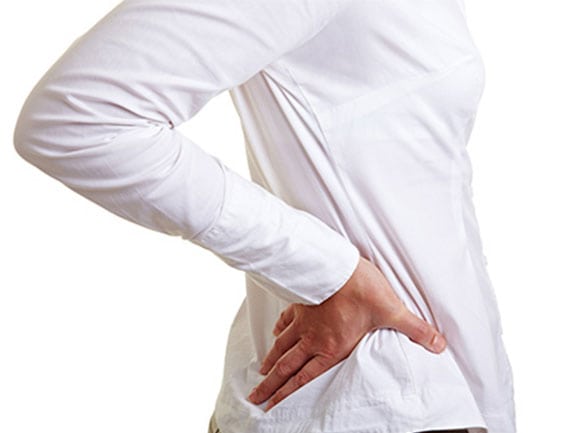
Don’t let hip pain slow you down.
Pain in your hips can affect your ability to sit, walk, and turn your body, making it challenging to continue with everyday activities.
There are many different possibilities for the cause of hip pain. And since the symptoms are similar to many conditions, finding the exact cause can be challenging. Causes include:
- Muscle and tendon strains
- Hip dislocation
- A stress fracture
- Cancer that has spread to the bones
- Pinched nerve and bursitis (the inflammation of fluid-filled sacs that serve as a cushion between muscles)
Other causes of hip pain include osteoarthritis (the deterioration of joint cartilage), spinal stenosis (the narrowing of the spine), and fibromyalgia (a musculoskeletal pain disorder).
What are the symptoms?
The symptoms associated with hip pain depend on the cause. For example, upper and side hip pain caused by fibromyalgia can be experienced along with pain in the shoulders and the back of the head. Osteoarthritis can result in hip pain that is worse in the morning and feels slightly better with activity. Your hip pain might be worse with walking, using stairs, or sitting on hard surfaces, and can be accompanied with swelling and tenderness.
How is it treated?
The best treatment for hip pain depends on its cause. Hip pain caused by fibromyalgia can be made better with trigger point injections that relax muscle knots. Facet blocks, which prevent pain signals from reaching the brain, can be effective for conditions such as osteoarthritis.

